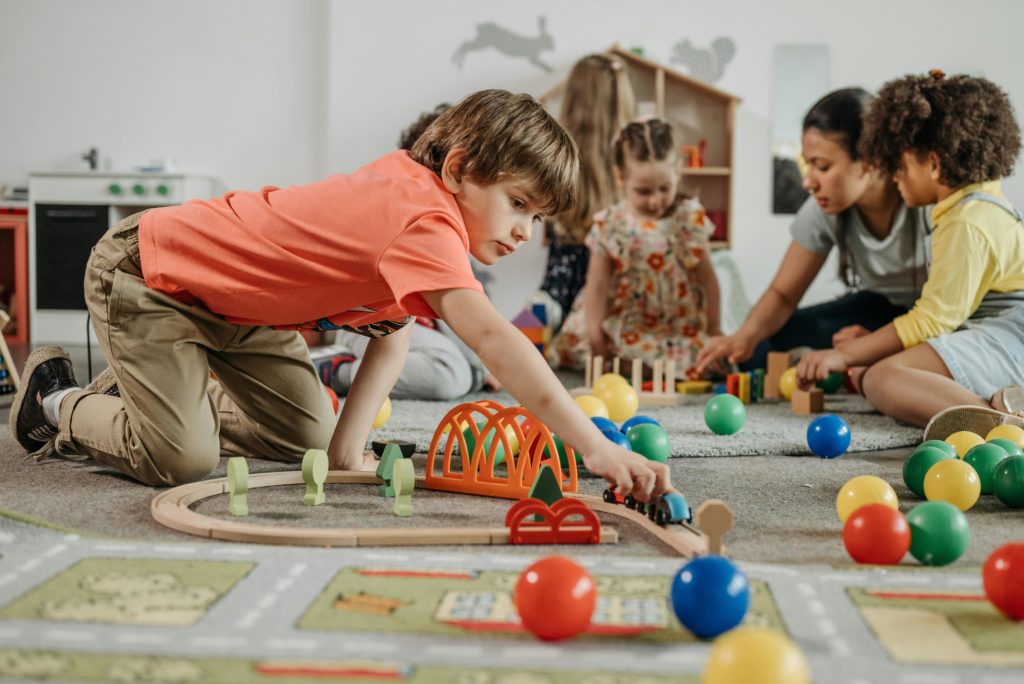Socialization plays a crucial role in shaping the development of children. From infancy through adolescence, children are continually influenced by their interactions with family, peers, educators, and society at large. This article explores the significance of socialization in various aspects of child development.
Key Points:
- Early Socialization: Infants begin to learn about their social world from birth. Interactions with caregivers lay the foundation for understanding emotions, communication, and relationships.
- Family Dynamics: The family environment significantly impacts a child’s socialization. Parents serve as primary socializing agents, teaching norms, values, and social behaviors.
- Peer Relationships: As children grow older, peer relationships become increasingly important. Interactions with peers help children develop social skills, empathy, and a sense of belonging.
- School and Education: Schools provide structured opportunities for socialization. Through interactions with teachers and classmates, children learn cooperation, problem-solving, and conflict resolution.
- Media Influence: In today’s digital age, media plays a significant role in children’s socialization. Television, internet, and social media platforms shape children’s attitudes, beliefs, and behaviors.
Socialization is a lifelong process that begins in infancy and continues throughout childhood and adolescence. By understanding the various influences on children’s social development, parents, educators, and society can support healthy socialization experiences for all children.



